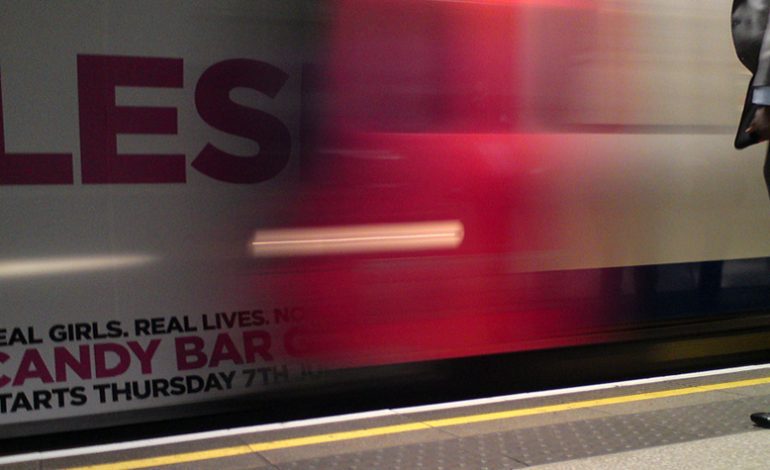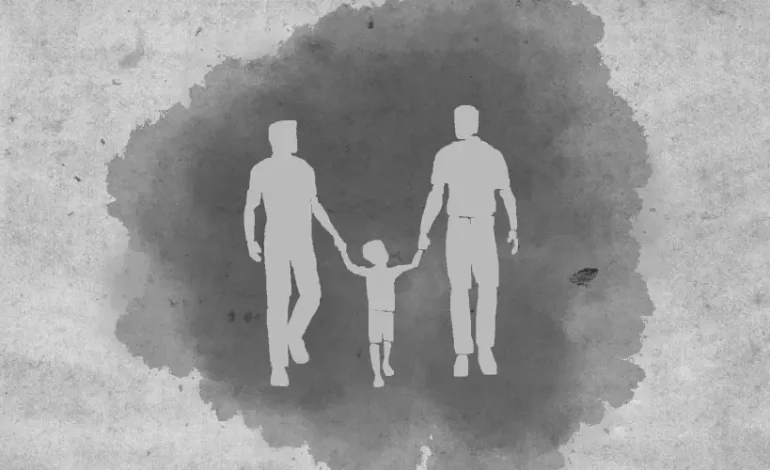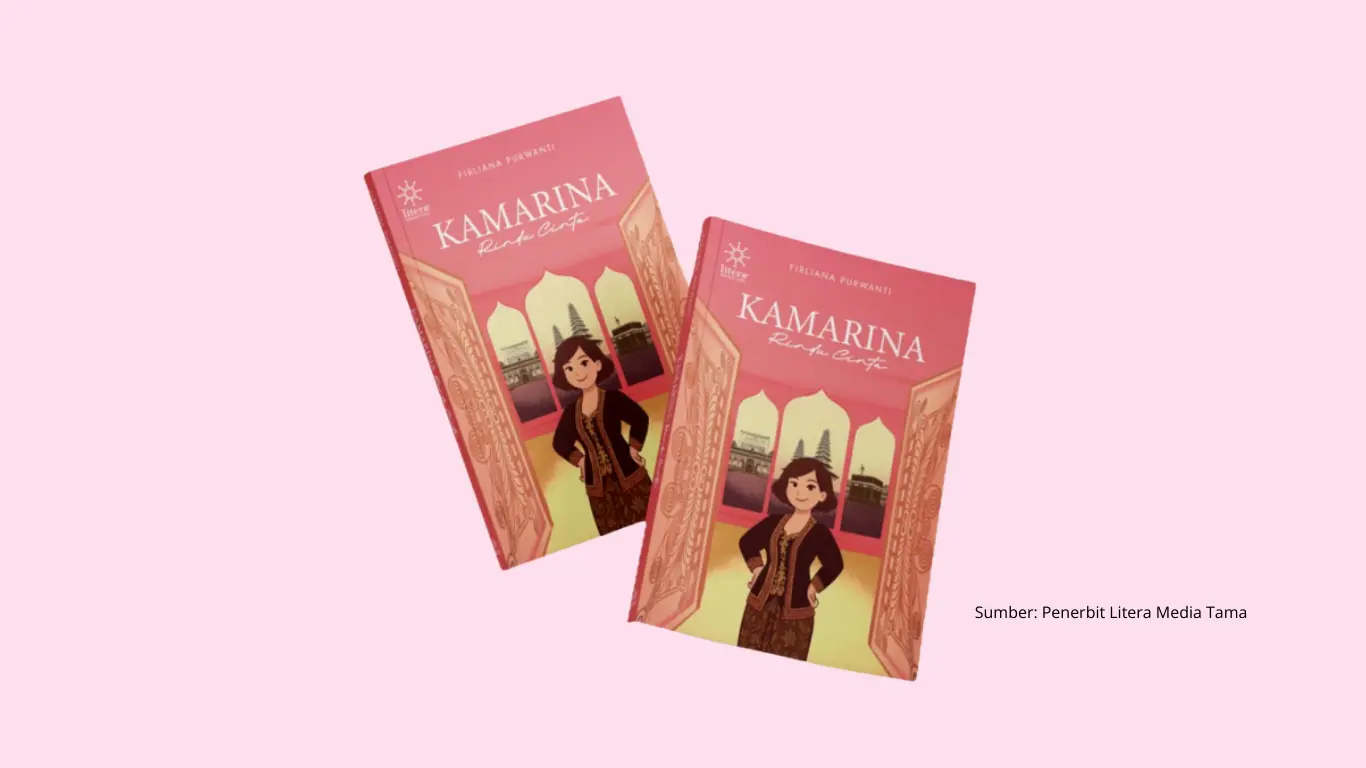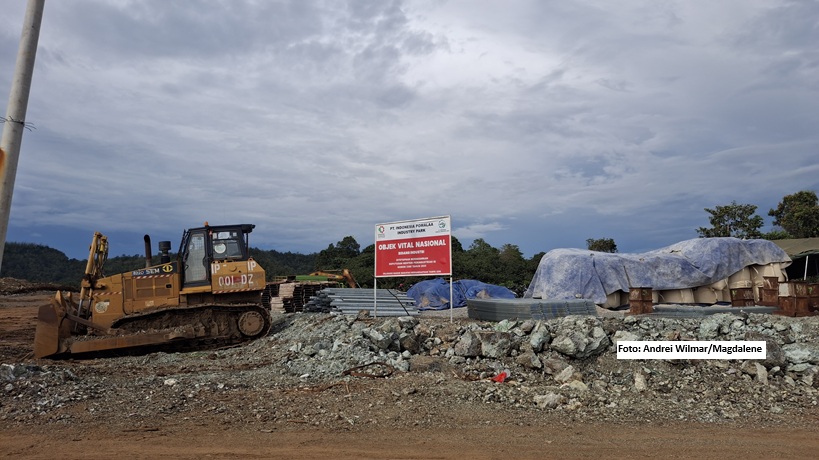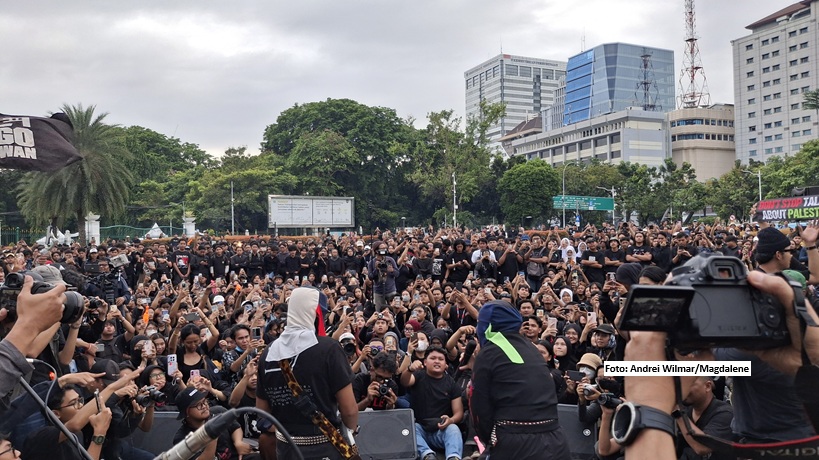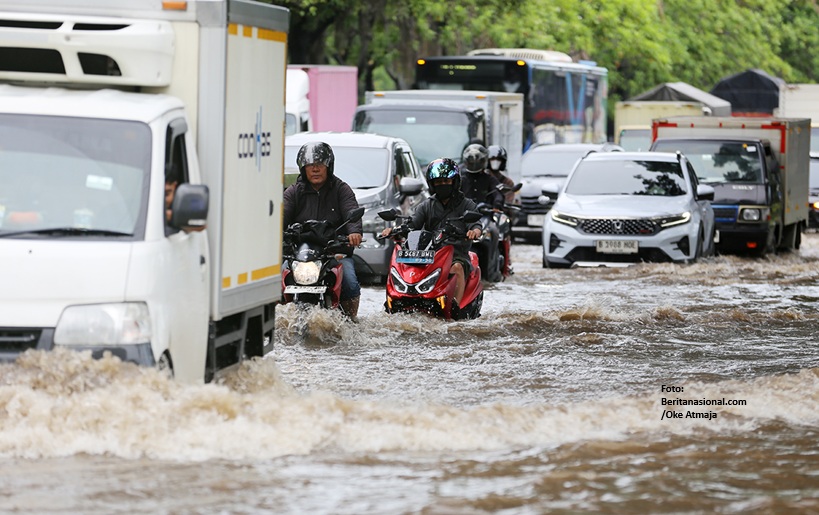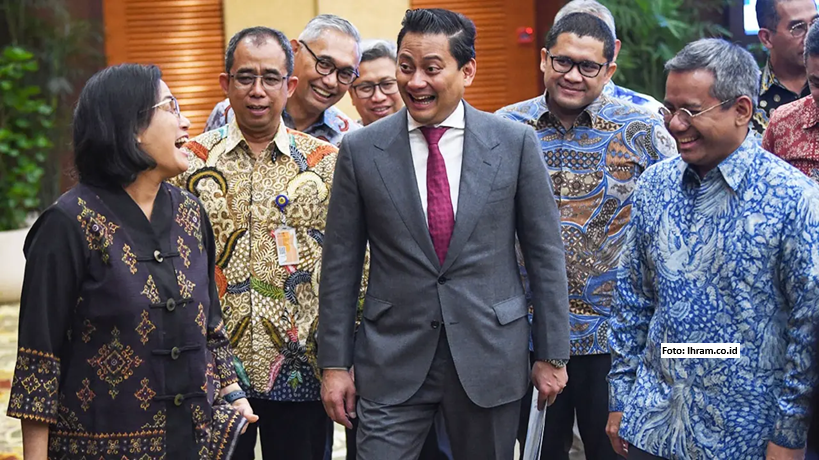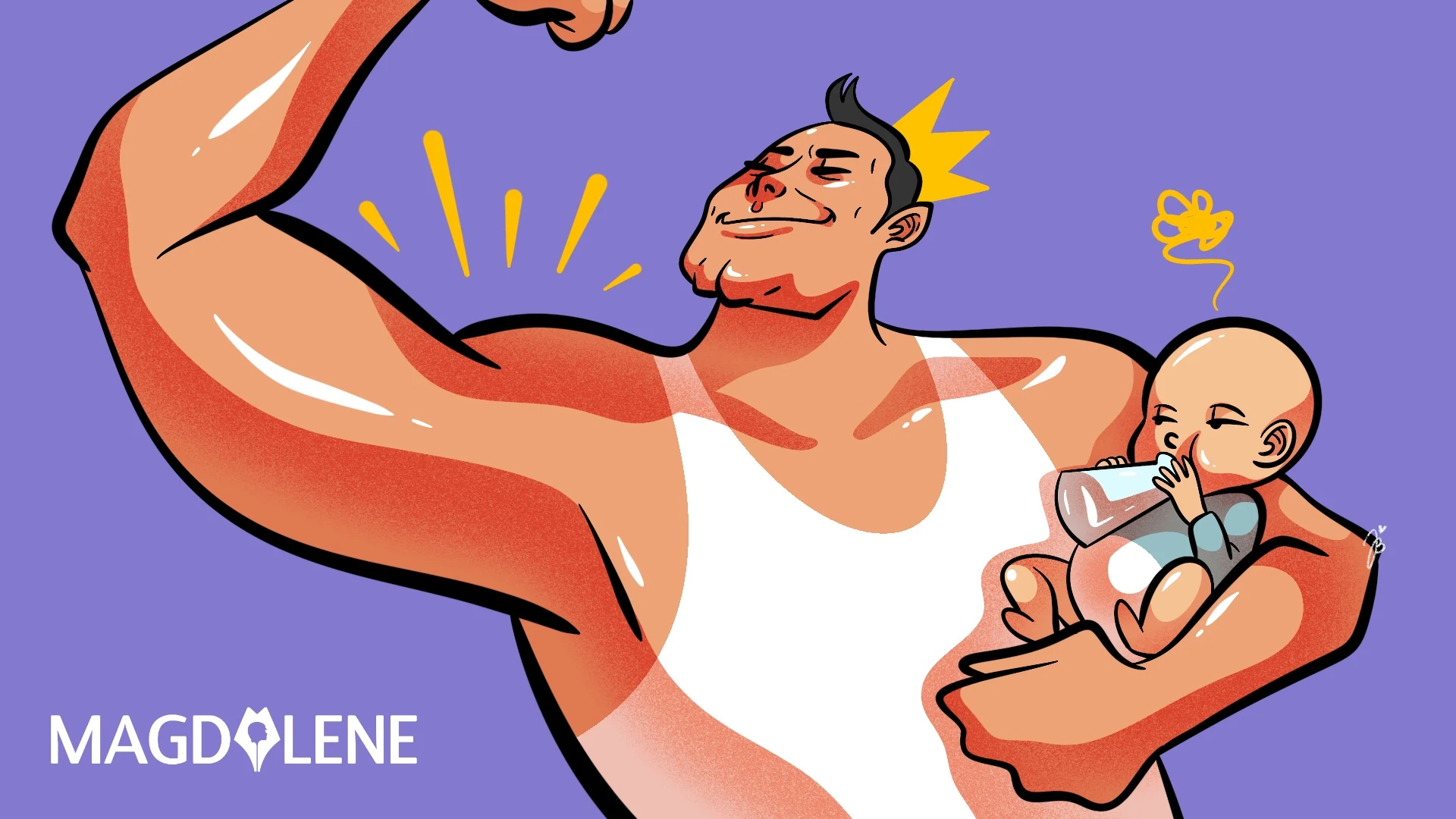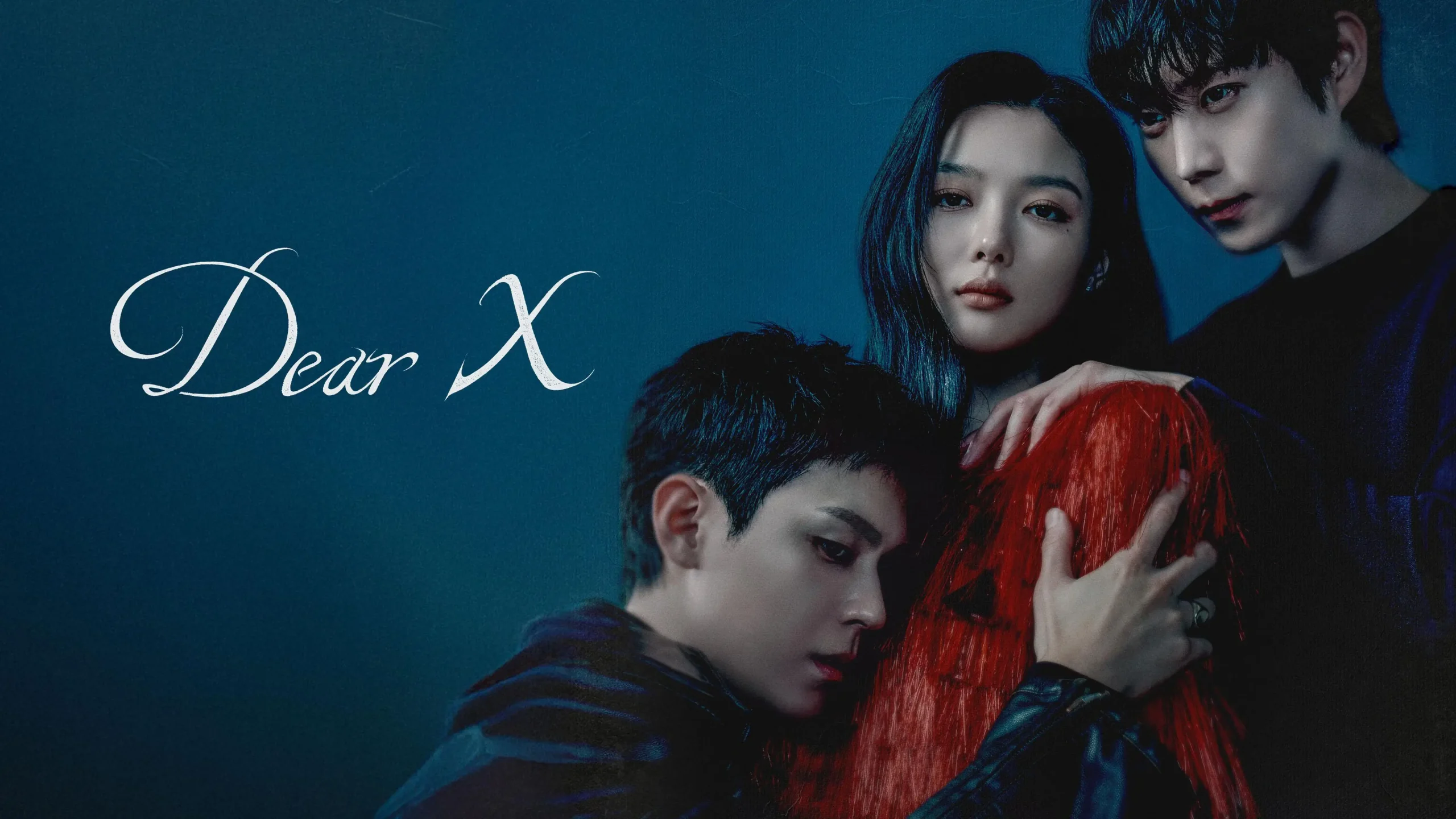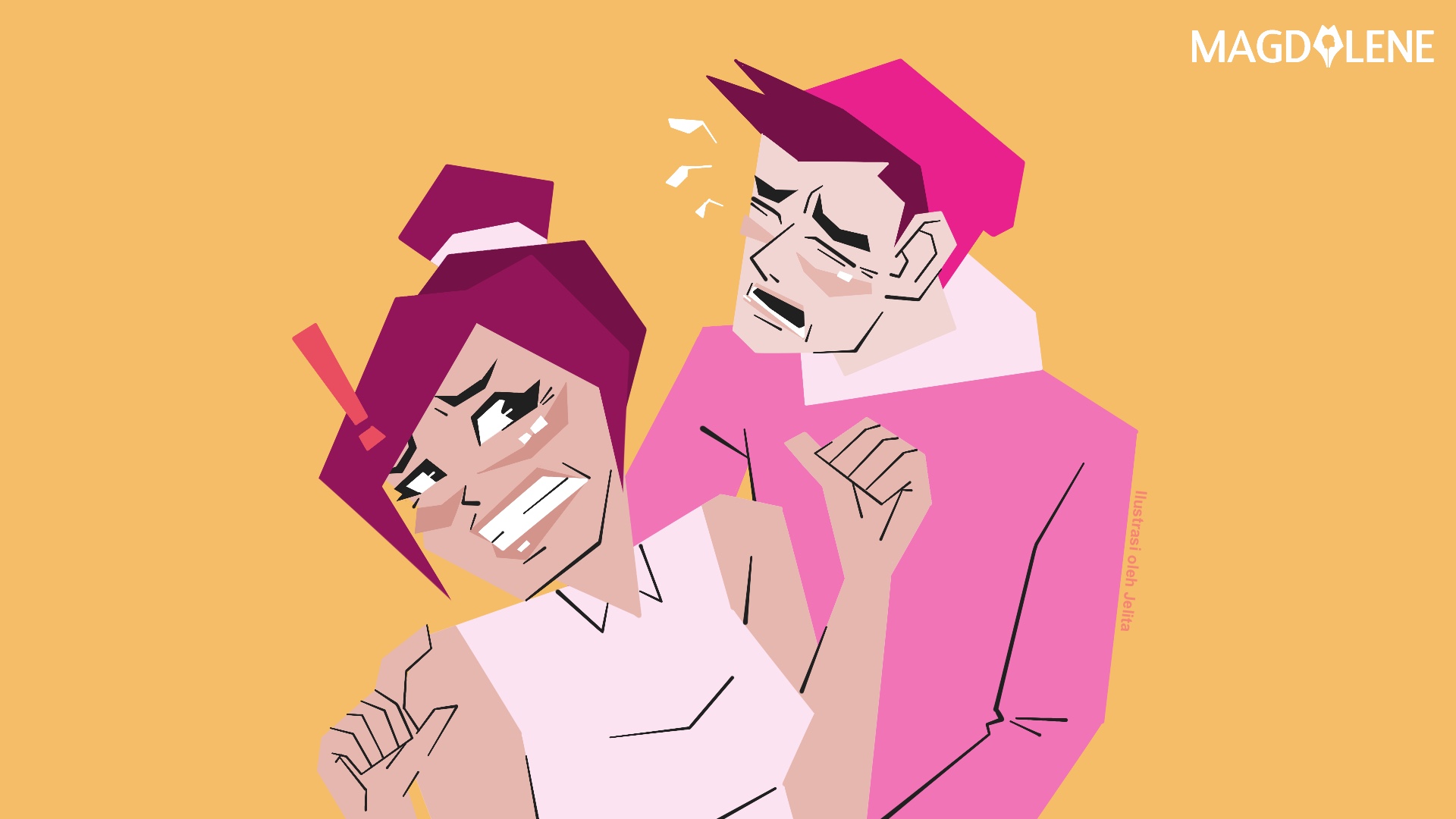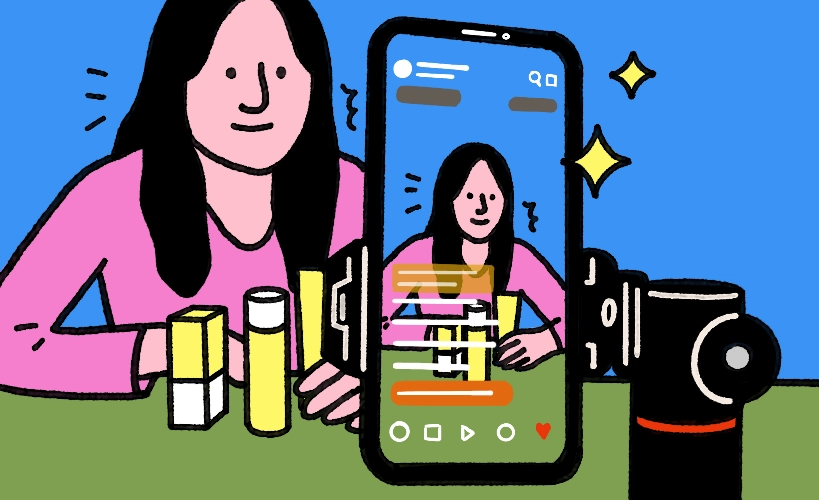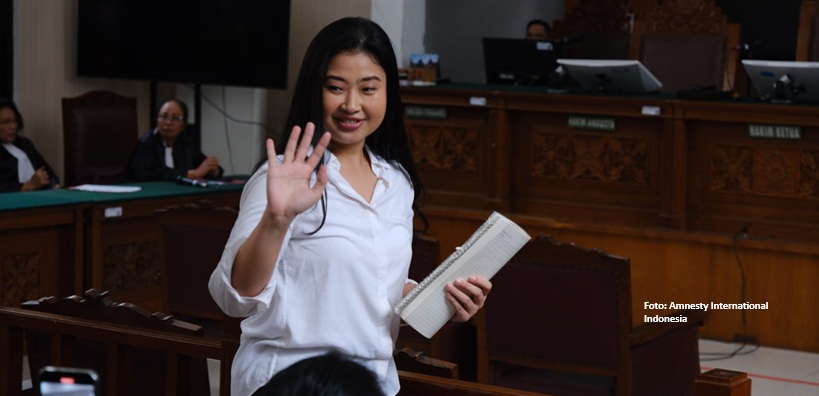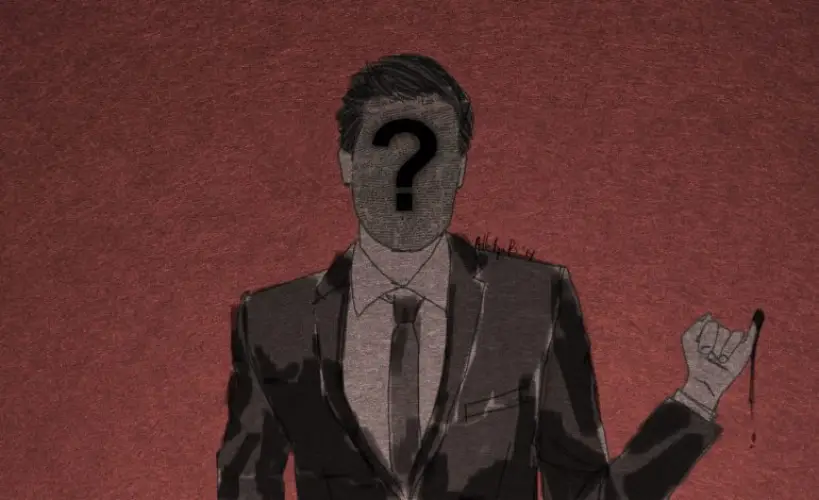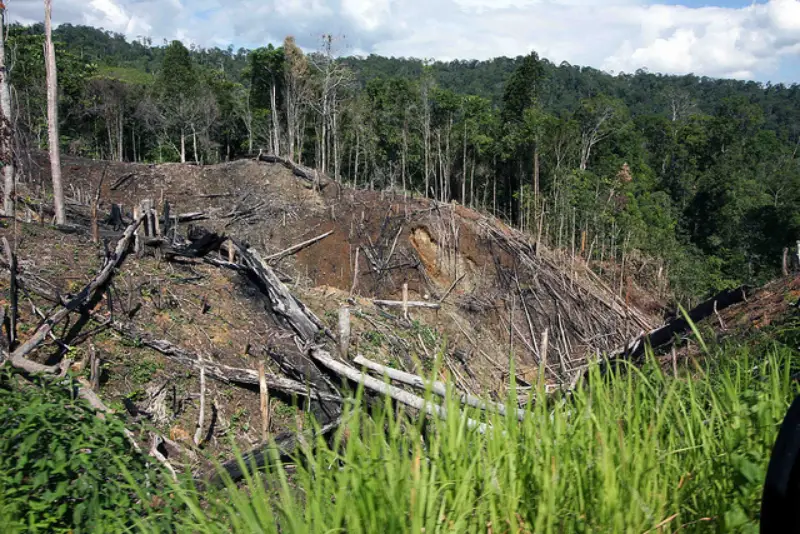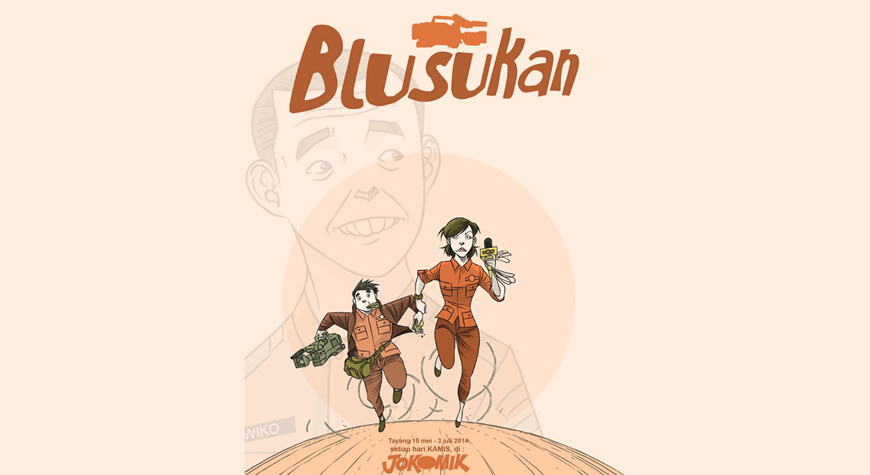Neither, Nor and Nowhere in Between: Raising a Gay Child in a Heterosexual Paradigm
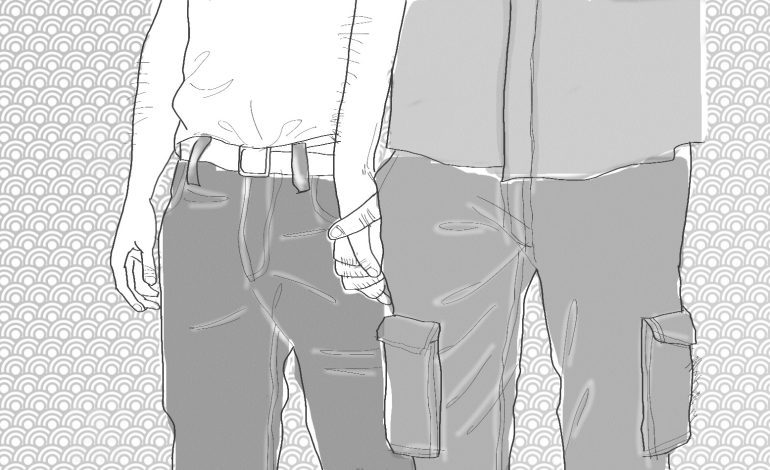
I was brought up within a rigid gender paradigm, with my parents dressing me in pink because it was “for girls”, and my baby brother growing up in a blue room “proper for a boy”. I jettisoned the pink garb when I turned 16, while my brother painted his room purple at around the same age.
When I took my own child home from the obstetrics hospital, I wrapped him in a blanket of neutral yellow, simply because in that pre-ultrasound time I didn’t know whether I would be having a girl or a boy.
To me, the day I took him home, the infant I cradled in my arms was a person to be raised with as much love and wisdom as I could muster to become a human being of value and worth to the world he had been born into.
Thirty-three years later, my son – who favors cargo pants with lots of pockets, or suit pants, and T-shirts, or short-sleeved button down shirts, in a spectrum of black, grey and pale blue – is a man much respected in his field of work. A man who believes strongly in sharing what he knows and in lending a helping hand to those who require it.
He has become a human being of value and worth.

He is also a homosexual. A category of humankind stereotyped, caricatured and derided at the least, and berated, scorned, ostracized, even assaulted and killed at the extreme.
This is a reality that he, his father and I have struggled within an environment that sees the gender spectrum as black and white with no shades of gray – and certainly never multi-colored. A society that insists that we and he place him squarely into one of the two boxes provided: either “Male” or “Female”.
When my son told me he was homosexual at age 15, I found myself saying, while smiling gently, but with the sting of tears in my eyes, “I kind of thought that might be the case, and that is okay because you are still you no matter what, and I love you for who you are and always will.”
From the time he was small, I had noticed a nuance in my son’s character that I had not sensed in the men and boys I grew up around, in my husband, or in my son’s half-brother and his male cousins. When contemplating on this, I remembered my grandmother’s stories of her “lovely boy” – her oldest son – who had died in a farming accident shortly before his twentieth birthday, and I wondered. So, I simply accepted that our creator had also placed an especially sweet and gentle soul in my care and I made every effort to nurture him accordingly, as my grandmother had done.
Much to my astonishment, my macho-male, sometimes tough-guy husband wept openly when he found out, saying softly as if in immense emotional pain, “Oh, my poor boy, how difficult his life will be.”
We all were well aware how hard life can be for someone considered “normal”, let alone for someone different in any way. I knew my son, and I certainly could not see him as the perverted monster, or the lost soul who had deliberately chosen the wrong path, as society would perceive him.
So I found myself looking up everything I could about homosexuality to see, if indeed, as society had ingrained in me, I must have failed as a mother or damaged him in some way in his upbringing.
What I found out from the most recent books, online essays, and scholarly papers on human sexuality, sociology and psychology and medical research was that roughly 15 percent of the global human population is homosexual; with 10 percent being “gay” males and 5 percent being “lesbian” females. I also learned that studies in biology had found homosexuality among a widely varied range of animals, which seems to be linked to the preservation of the species through the nurturing of young that have lost their biological parents.
On the basis of that reading, I could not help but ask myself whether homosexuality was an aberration as I had been taught, or a biological or genetic pattern of some kind; a part of a larger paradigm.
Then, I heard a lecture by a prominent Indonesian psychiatrist on the medical, biological and genetic aspects of homosexuality in humans. I have also read further about this and found his conclusion that homosexuality is not “abnormal” within the spectrum of psychology and psychiatry or even biology, but is determined by genetic and/or hormonal processes.
I also found out that, indeed, it was my “fault” that my son was born homosexual. However, this was not due to my raising him poorly, but because I carry a genome that is passed down from mother to son at random; sometimes skipping a generation or two.
From that experience and the experience of helping to raise a number of heterosexual stepchildren and nieces and nephews, I have come to the conclusion that, on a personal one-on-one basis, raising a homosexual child – whether gay or lesbian – is not much different from raising any child of any gender.
What is necessary is respecting the small individuals from the beginning of your acquaintance with them and nurturing their understanding of themselves and aiding them, as much as possible, to gain a positive view of the world around them and their place in it.
The only exception is that homosexual children will struggle more with fitting in and finding a place in a usually hostile human environment. They need continuously reinforced acceptance and reassurance that they are as they are intended to be and that they can contribute positively to the collective human experience. What is most important is that they are acknowledged and accepted by the people closest to them – just like any other human being – and allowed to grow and blossom in their own way.
About Margaret Agusta
Margaret is a writer, editor, and translator, who was born in the United States and has lived in Indonesia, where she took citizenship in 2009, since 1977. Besides writing numerous articles on art and women’s issues, she has translated poetry, short stories, novels and non-fiction books on a variety of subjects from Indonesian to English. She currently trains new writers/reporters for The Jakarta Post.

